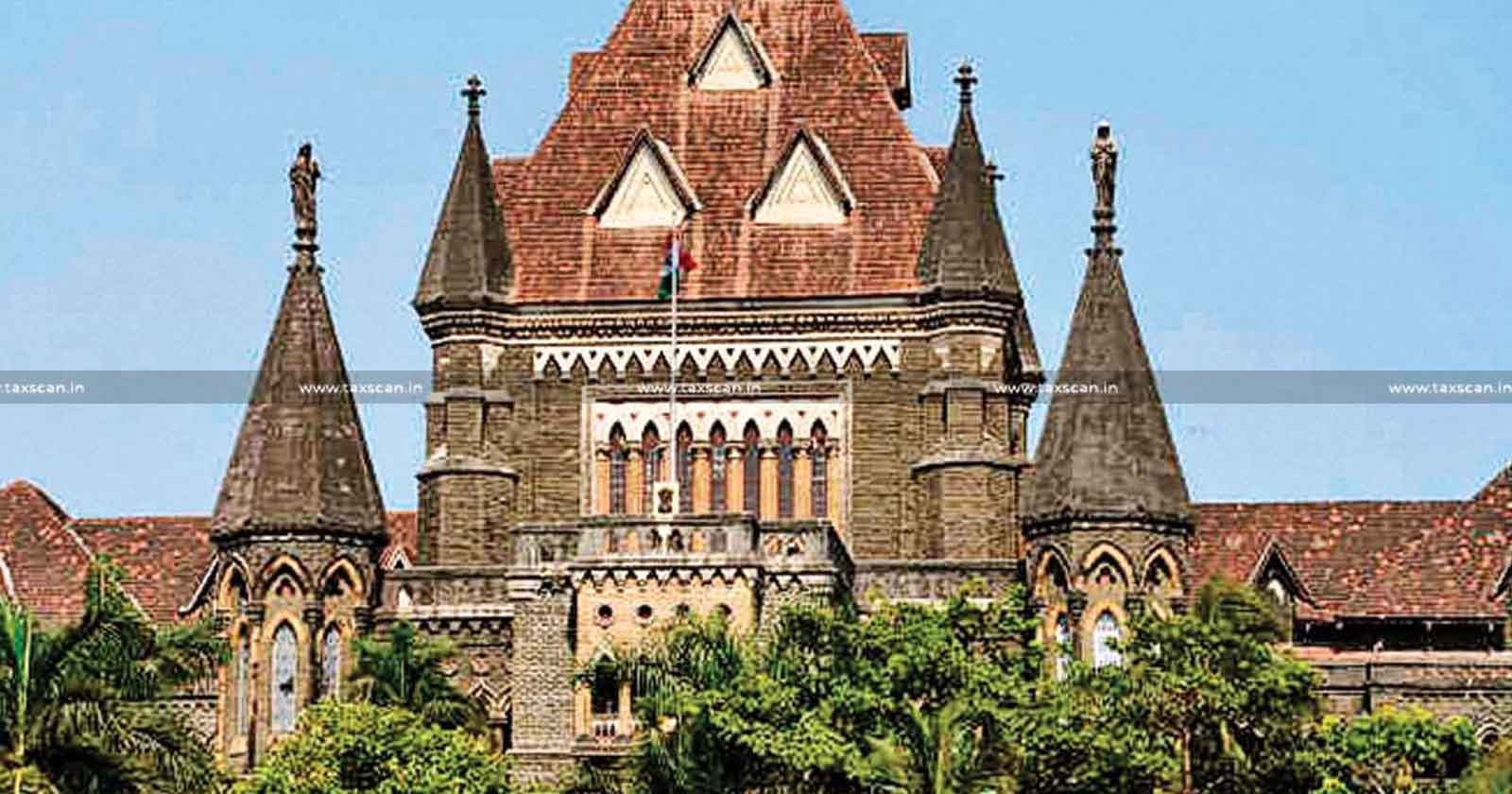Rectification/Amendments in GSTR - 1 either Online or Manual are Allowable: Bombay HC
Rectification/Amendments in GSTR - 1 either Online or Manual are Allowable: Bombay HC

The Bombay High Court has directed the department to permit the petitioner or assessee to amend or rectify Form GSTR-1 for July 2021 either online or manually.
Star Engineers (I) Pvt. Ltd., the petitioner challenged a communication issued by the respondent-Deputy Commissioner, State Tax, whereby on an application of the petitioner for seeking approval to modify/amend FORM GSTR-1 for the financial year 2021-2022 dated 11 September 2023, the petitioner has been informed that such a request for amendment of Form GSTR-1 cannot be approved considering that the matter is time-barred and accordingly, the petitioner’s application would stand rejected.
The petitioner is engaged in designing, developing, manufacturing and supplying a wide range of electronic components for industrial purposes. It is the petitioner’s case that it is a regular supplier to Bajaj Auto Limited (BAL) and delivers its products based on varying delivery terms as specified in the purchase orders received from BAL.
The petitioner contended that during the financial year 2021-2022, the petitioner had carried out delivery of the goods to several third-party vendors and simultaneously invoices were generated “Bill-to-Ship-to-Model” in line with the instructions received from BAL. During the said period, the company had correctly issued the e-invoices and credit notes in favour of BAL by appropriately citing its GST identification number (“GSTIN”). However, at the time of filing of Form GSTR-1 for the period July 2021, November 2021 and January 2022, inadvertently GSTIN of third parties to whom the shipment was delivered, was reported instead of declaring GSTIN of BAL.
BAL was made aware of such an error, post the due date of correction in Form GSTIN-1 for the financial year 2021-22 by one of the vendors to whom the goods were shipped, as the transaction was notified in Form GSTR-2B. The petitioner tried to rectify the invoices in question to address the error, however, as the mistake came to the notice of the petitioner in November 2022, GST Portal did not allow any modification in Form GSTR-1 about the period of July 2021, November 2021 and January 2022.
The invoices submitted by the petitioner did not appear in BAL’s Form GSTR-2B but instead inadvertently appeared in the vendor’s Form GSTR-2B. Resultantly, BAL was unable to claim Input Tax Credit (“ITC”) for those invoices and consequently at the time of processing the payment of the petitioner for March 2023, BAL reduced the amount equivalent to the GST amount, interalia stating that BAL had not claimed the said invoices for ITC as same were not appearing in Form GSTR-2B, as GSTIN of a third party was given instead of BAL. Consequently, BAL debited the mismatched amount to the petitioner’s account.
Mr. Raichandani, Counsel for the petitioner submitted that it was arbitrary for the Deputy Commissioner of State Tax to reject the request of the petitioner to amend or rectify the Form GSTR-1 filed by the petitioner for the period July 2021, November 2021 and January 2022, either Online or by manual means.
On the other hand, Ms. Vyas, Counsel for the Revenue submitted that no fault can be found in the impugned communication as the provisions of the GST Act itself would not permit the State Tax Officer to accept the request as made by the petitioner for amendment/rectification of Form GSTR-1 which was filed by the petitioner for the period in question.
The division bench of Justice G. S. Kulkarni and Justice Jitendra Jain has observed that the State Tax officer ought to have granted the petitioner’s request to rectify/amend the Form GSTR–1 for the period July 2021, November 2021 and January 2022, either through Online or manual means.
The respondents are directed to permit the petitioner to amend/rectify the Form GSTR-1 for the period July 2021, November 2021 and January 2022, either through Online or manual means within four weeks.
To Read the full text of the Order CLICK HERE
Support our journalism by subscribing to Taxscan premium. Follow us on Telegram for quick updates
Star Engineers (I) Pvt. Ltd. vs Union of India , 2023 TAXSCAN (HC) 2047 , Mr. Bharat Raichandani , Mrs. Shruti D. Vyas

